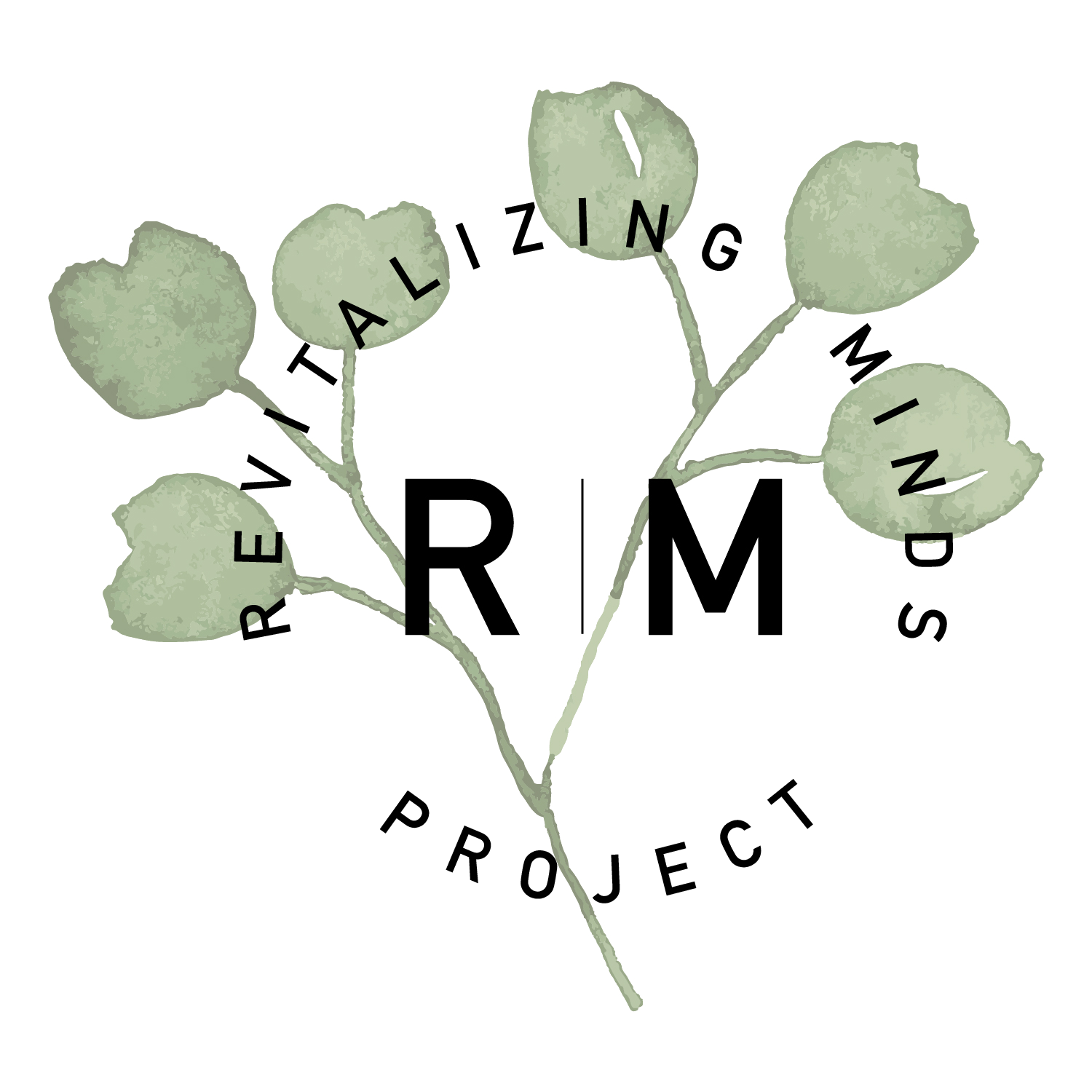The Heart of Service: Supporting First Responders and Their Mental Health
First responders are the backbone of our communities – when most people are running away, they are the ones running towards danger, providing the critical care in the face of emergencies, and carrying the weight of responsibility for lives, homes, and safety. Their commitment is heroic, no doubt, but the toll it takes on their mental health is often overlooked. As a Licensed Marriage and Family Therapist and the spouse of a fire captain, I have seen firsthand the unique challenges that these individuals and their families face, as well as the critical need for specialized mental health support.
Mental Health Challenges that First Responders Face
First responders serve in a variety of different roles, including but not limited to, firefighters, police officers/sheriff deputies, paramedics/EMT’s, and even dispatchers. They endure extraordinary levels of stress, repeated exposure to trauma, and the intense pressure to perform under life-or-death circumstances. Many of these experiences can lead to:
Chronic Stress: The ongoing intensity of their work leaves very little room for decompression, ultimately contributing to physical and emotional exhaustion.
Trauma and PTSD: Repeated exposure to traumatic events often has a cumulative impact, thus increasing the risk of post-traumatic stress symptoms.
Stigma Around Mental Health: Many first responders feel pressure to appear “strong” and may avoid seeking help, out of fear of being judged or misunderstood.
Impact on Family Life: The demands of the job often have a ripple effect into personal lives, affecting relationships, communications, and family dynamics.
Why Do First Responders Need Specialized Support
While these individuals are often incredibly resilient, their experiences require a nuanced approach to mental health care. Trauma-informed care, for example, considers the physiological and psychological effects of trauma and provides the necessary tools to help individuals regulate their nervous systems. Similarly, practices such as Somatic Experiencing can help first responders process and release the stress that becomes stored in their bodies and nervous system.
As a therapist trained in these modalities, I focus on first creating a strong therapeutic alliance with my clients and then establishing a safe space where first responders feel heard and understood. With a great deal of compassion, I meet them where they are and help them build resilience, process difficult experiences, and reconnect with their sense of purpose – all while addressing the unique culture and stressors of their work that never stops.
First responders are trained to run into burning buildings, confront active shooters, respond to fatal car accidents, listen to traumatic events happening in real time as they are occurring, amongst so many others – so many actions that go against the body’s natural survival instincts. The intense training that a first responder goes through essentially rewires deeply ingrained evolutionary responses that have existed in humans and animals since the beginning of time. When individuals override their fight, flight, or freeze response, the nervous system is activated in an unnatural way, causing high levels of stress or cortisol to be stored in the body and brain in a form that is difficult to process.
Somatic Experiencing (SE) offers a variety of techniques to help process these stored sensations, allowing the nervous system to complete disrupted stress cycles and ultimately alleviate symptoms of PTSD and trauma. Constantly operating in a heightened state of alert is unsustainable for human functioning. The body’s survival mechanisms are designed to engage temporarily, followed by rest and digest to promote recovery. By teaching the body how to return to it’s natural “rest and digest” state, we restore balance, promoting long-term well-being and resilience.
Supporting First Responder Families
The families of first responders often bear a silent burden. Spouses and children live with the unpredictability of the job, long hours, and the emotional weight their loved ones bring home. This is why I also focus on providing resources and support for spouses and partners, creating opportunities for connection, validation, and strategies to navigate the challenges that come with this lifestyle. I often share in this work that it takes a very special kind of human to be a first responder, but it also takes a very special kind of human to be married to one.
In light of the recent devastating fires and personal connection to this community, I have started offering support groups and pro bono services to the first responders in my community. These groups provide a safe space to process emotions, share experiences and learn tools for self-care and resilience.
Breaking the Stigma
One of the most important aspects of working with first responders is breaking the stigma around mental health. Seeking help isn’t a sign of weakness – it is a sign of strength. By normalizing these conversations about mental health and making resources available, we can empower these individuals and their families to thrive – not just survive.
A Call to Action
First responders give so much to our communities. It is time we give back by prioritizing their mental health. If you or someone you know is a first responder or the loved one of one, I encourage you to explore available resources, reach out for support, and know that you are not alone. We are here for you.
Let’s work together to create a culture that honors the courage and humanity of those who serve us every day.
By, Ashley J. Ramstead, M.A. LMFT
Ashley also holds a personal connection to the first responder community as a spouse to a first responder as well as having several other members of her family serving in various positions among different agencies. As a wife to a first responder, Ashley intimately understands the unique challenges faced by first responders and their families. This personal connection drives her passion and dedication to supporting those in similar circumstances, with compassion as the driving force and heart of her approach.
Ashley predominately see's her clients via Telehealth in California and can be reached directly at info@RevitalizingMindsProject.com


